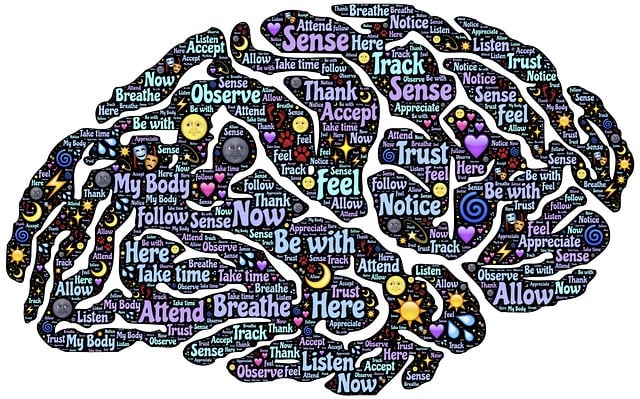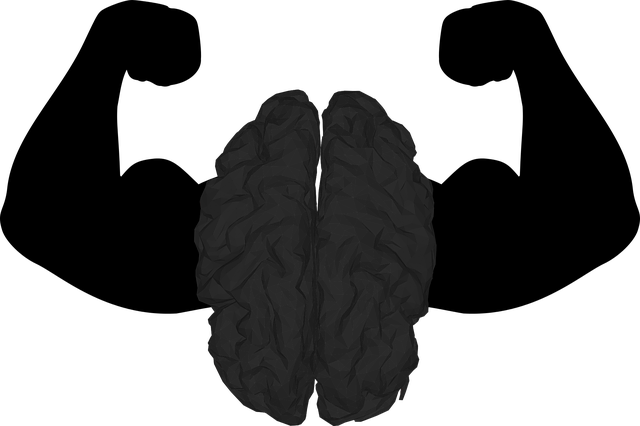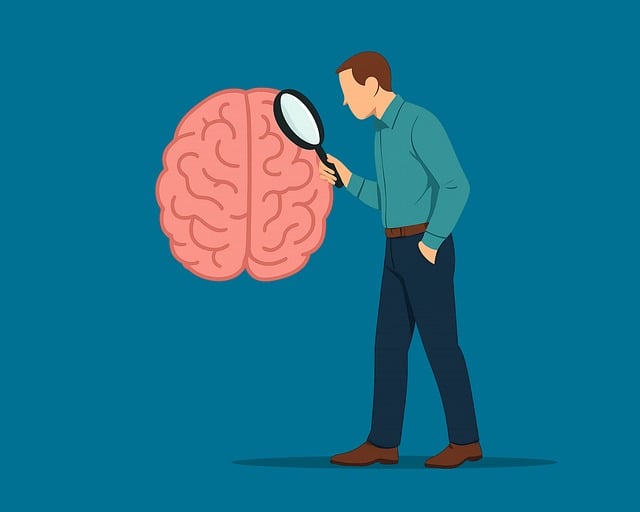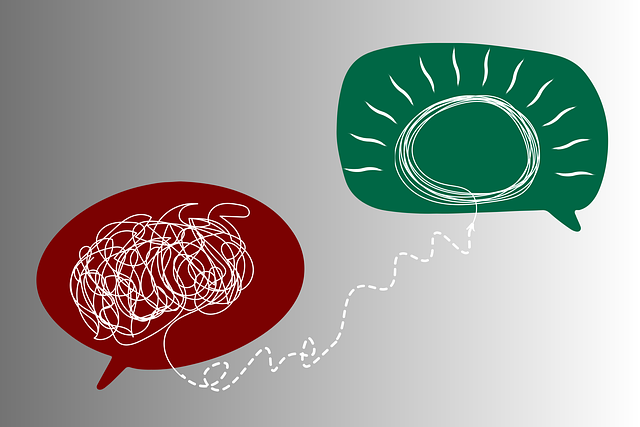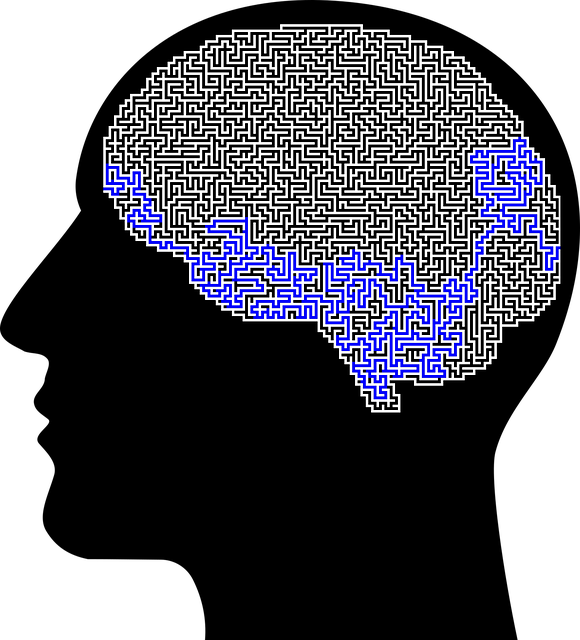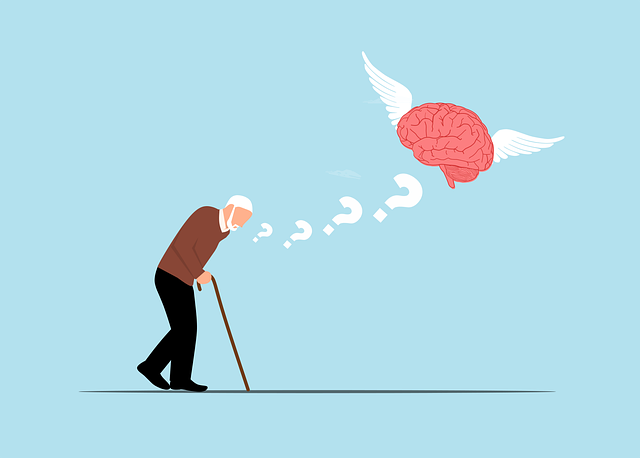Broomfield Gender Identity Therapy (BGIT) advances mental healthcare through cultural sensitivity, offering personalized support for diverse clients. By training therapists in cultural competency and integrating context into practices like journaling, BGIT enhances treatment effectiveness and depression prevention. This approach fosters inclusive spaces, respects gender identities, and encourages self-acceptance, ensuring every individual receives empathetic care tailored to their unique background. Professionals can create such environments through self-reflection, adapting communication strategies, and prioritizing self-care, ultimately revolutionizing mental health services.
In today’s diverse society, cultural sensitivity is paramount in mental healthcare. Understanding and navigating cultural differences can foster inclusive practices that improve patient outcomes. This article explores this critical aspect through two key lenses: Broomfield Gender Identity Therapy, a model for culturally competent care, and practical strategies for professionals to enhance sensitivity in clinical settings. By delving into these areas, we aim to empower mental health providers to offer more personalized and effective treatments.
- Understanding Cultural Sensitivity: A Foundation for Inclusive Mental Healthcare
- Broomfield Gender Identity Therapy: A Model for Culturally Competent Practice
- Strategies for Mental Health Professionals to Enhance Cultural Sensitivity in Clinical Settings
Understanding Cultural Sensitivity: A Foundation for Inclusive Mental Healthcare

Understanding cultural sensitivity is paramount in modern mental healthcare practices, fostering inclusive environments that cater to a diverse range of individuals. This concept goes beyond merely treating symptoms; it involves recognizing and appreciating the unique cultural contexts, beliefs, and values that shape people’s experiences with mental health. At Broomfield Gender Identity Therapy, for instance, therapists undergo specialized training in Healthcare Provider Cultural Competency to ensure they can offer tailored support to clients from various ethnic, racial, and socio-cultural backgrounds.
By integrating this foundation of cultural sensitivity, mental healthcare providers can address the nuanced challenges faced by diverse populations, such as stigma within specific communities or access disparities in care. This approach not only enhances the effectiveness of treatment but also promotes better depression prevention strategies tailored to individual needs. Encouraging clients to engage in mental wellness journaling exercises, for example, can be a powerful tool when guided with an understanding of cultural context. Through such initiatives, healthcare providers contribute to building bridges that connect diverse individuals with compassionate and effective support systems, ultimately enriching the lives of all those seeking mental health services.
Broomfield Gender Identity Therapy: A Model for Culturally Competent Practice

Broomfield Gender Identity Therapy (BGIT) is a pioneering approach that has significantly contributed to the field of mental healthcare’s cultural sensitivity. This model focuses on understanding and respecting individuals’ unique identities, especially those who identify outside the binary gender norms. By adopting BGIT, therapists create a safe and inclusive environment, fostering positive thinking and self-acceptance among their clients.
The therapy’s effectiveness lies in its ability to provide crisis intervention guidance tailored to each person’s cultural background and identity. This personalized approach not only enhances the therapeutic process but also promotes stress reduction methods that resonate with diverse populations. BGIT has become a valuable tool, encouraging mental health professionals to embrace cultural competency, ensuring every client receives care that is both empathetic and life-enhancing.
Strategies for Mental Health Professionals to Enhance Cultural Sensitivity in Clinical Settings

Mental health professionals play a pivotal role in fostering inclusive and culturally sensitive clinical environments. To enhance cultural sensitivity, professionals should first engage in self-reflection to understand their own biases and privileges. This introspective process allows them to recognize potential barriers that may prevent effective treatment for clients from diverse backgrounds. Incorporating this awareness into practice fosters an atmosphere where every client feels seen, heard, and respected.
Additionally, integrating communication strategies tailored to different cultural contexts is essential. This might involve learning about a client’s cultural traditions, values, and beliefs to adapt therapeutic techniques accordingly. For instance, incorporating elements of Broomfield Gender Identity Therapy can be highly beneficial for clients from diverse gender identities. Further, promoting active listening, clear explanations, and open dialogue encourages clients to express their needs and concerns, leading to more personalized mental wellness coaching programs development. Self-care routine development for better mental health is also crucial; professionals must prioritize their well-being to sustain cultural sensitivity in their practice over time.
In conclusion, cultural sensitivity is an indispensable aspect of mental healthcare practice. By building on foundational concepts and implementing strategies inspired by models like Broomfield Gender Identity Therapy, professionals can create more inclusive environments that cater to the diverse needs of their clients. Enhancing cultural sensitivity not only improves patient outcomes but also fosters a society where everyone receives respectful and effective mental health care.
